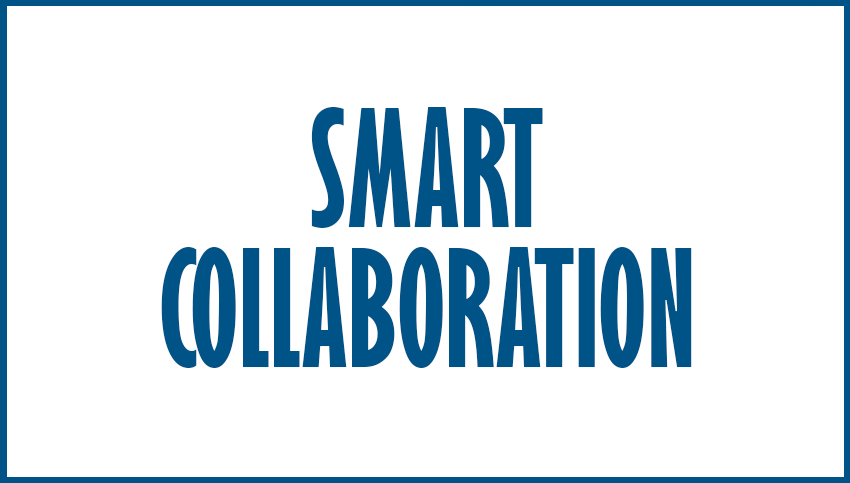Project Description
Start date: feb 2019
End date: jul 2020
Duration (months): 18

Total budget: € 281.000
Lab Budget: € 70.000
Number of partners: 3
Partners: ELIF Società Cooperativa / Università del Salento – Centro Unico di Ateneo per la Gestione Progetti e Fund Raising – Laboratorio di Ricerca Core-Lab / Istituto Comprensivo Ammirato Falcone di Lecce
Nowadays, the informational tools, used by schools, teachers, parents and students to collaborate and communicate, are in most cases not specialized and inadequate for the needs of an educational environment. For example, the most common messaging services are open and simple to use, but they may prove to be ineffective to the needs of the school. In addition, a lot of limits can be highlight, such as: lack of roles; difficulty in finding and linking together information shared on different and disconnected groups; continuous notifications; easy sharing of private telephone number without any authorization; impossibility of administering interactive contents. All these elements are combined with the physiological lack of “users’ digital education”, leading to an improper and unsatisfactory use of the informational tools. In this context, the project aims to create a collaborative tool that, while remaining intuitive, open and democratic, is able to manage different functions, such as mass communication; priority rules on messages and notifications; different privileges for users with different roles; cooperation tools; hierarchical communication channels; institutional public channels.
The Core – LAB, led by the Professor Angelo Corallo, will be mainly engaged in carrying out technical activities for the design of the front-end envisaged applications and aimed at creating and optimizing interactions and information exchanges among all the actors involved in the educational system.
In addition, the Core – LAB will collaborate in the scientific dissemination of innovative contents developed during the project operational stages.
The proposed IT system aims to enable the collaboration in situations not currently monitored and managed outside, and to extend the range of processes managed through internal IT systems. A digital agora will be available to achieve this result to carry out the communications and useful interactions among school, parents and students. Become essential to bridge the gap between existing institutional communication field and further communication needs, currently met by external and disconnected tools. The envisaged applications will be developed using new and innovative tools, in detail, the IT system will be based on fast development techniques and structured development environments / platforms, based on openness, standard, and Open Source technologies. Each developed component will be part of a constellation of micro-services stored in the cloud and interacting each other to provide a partial solution to a single problem and to provide an overall answer to the whole business logic of the system. The project will be iteratively re-modelled to refine its effectiveness, measuring its flexibility and effective ability to intercept the needs expressed by the end users involved.
The expected results of the project aim to:
- Prototype the platform for the integration of software and hardware components required to manage the envisaged solution.
- Define the contractual system in terms of use of the service.
- Prototype the platform to access the collaborative environment.
These expectations are in line with the idea to identify a collaborative model focused on the requirements of an educational environment. In detail, it results in the design and implementation of an IT system accessible through smartphone or web site, and designed to allow groups of users to interact each other in a simple and intuitive way, within a structured context and better adjusted to school. The IT system aims to manage the interactions among teachers, administrative staff, students, parents, and external staff. It will be possible to create hierarchical, homogeneous or transversal groups of interest, with specific features depending on the type. The system will be designed to facilitate the pre-existing interaction models and to complement the currently used IT platforms. The proposed solution will be also suitable to being re-used in similar or different contexts. The re-use capability will be supported by demonstration cards provided to define the potential for the application of solutions in other fields.
For more information please contact: Francesco Pettinato (francesco.pettinato@unisalento.it)
